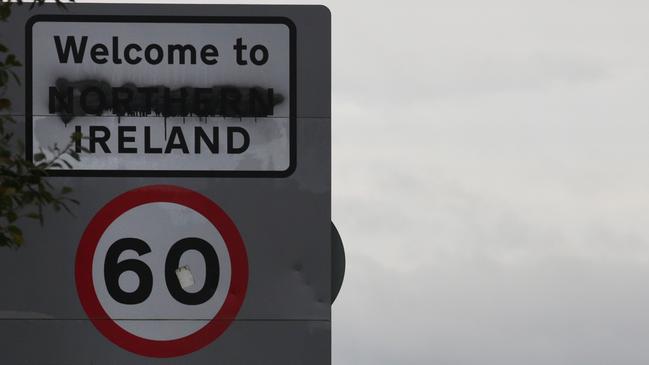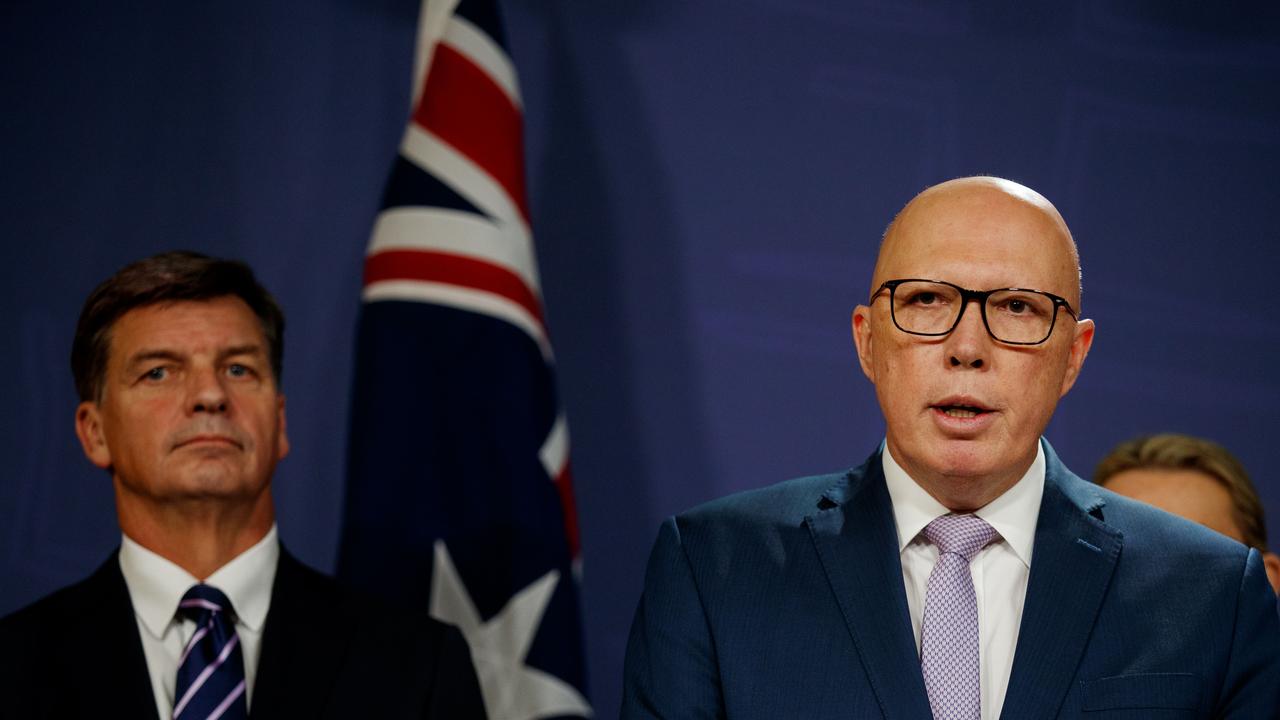Northern Ireland’s customs line borders on political

Why is the border between Northern Ireland – a part of the UK – and the Irish Republic still a source of dispute between the British government and the EU post-Brexit?
Even more mysteriously, why is it a subject of acrimony between Boris Johnson’s government and the Biden administration?
The answer to the first question is that the EU is still intent on punishing Britain for its audacious conduct in leaving the union.
When Britain voted in 2016 to leave the EU, Brussels did not accept this decision and, during several years of negotiations, tried to frustrate its implementation. One means of obstruction was to insist there could be no customs controls between Northern Ireland – that is, the UK – and the Irish Republic, an EU member. Why such controls would have been a problem was never explained satisfactorily, given the EU has borders with non-member countries.
To resolve this seemingly intractable question the British government agreed, in what was called the Northern Ireland protocol, that there would be customs control on British goods when entering Northern Ireland so as to satisfy the EU’s suggestion that some small proportion of those products, although all destined for Northern Ireland, might leak into the Irish Republic. This system has proved to be essentially unworkable and the British government has suggested the protocol cannot be sensibly observed. It is true, of course, that it initially agreed to the protocol but it was always a false issue in the Brexit negotiations and remains now as an expression of the EU’s resentment at the fact Brexit finally occurred.
So much for the motivations of the EU. But what has any of this got to do with the US?
The Biden administration raised this issue at the recent Group of Seven meeting and seemed to take the view the protocol was necessary to prevent an outbreak of sectarian violence in Northern Ireland. Just how the checking of Cornish pasties on their entry into Northern Ireland figures in the minds of those groups in Northern Ireland that still have a propensity for violence is difficult to see.
Northern Ireland is, however, a sensitive issue within Joe Biden’s Democratic Party and he may wish to distance himself from some of its past. It has always had a significant proportion of Irish-Americans in its ranks and some of these in the 1970s and ’80s were never prepared to condemn the terrorist activities of the IRA, even when this organisation was bombing members of the British cabinet.
Nor were they adverse to welcoming members of Sinn Fein when they visited the US, although they presumably were aware Sinn Fein was the IRA’s political alter ego and a convenient way of insulating the politicians from formal responsibility for the murder of innocent civilians.
It is 100 years since Ireland was partitioned and the border established between the Republic and Northern Ireland. This was an issue that brought the UK to the brink of civil war in the years before the Great War when the Ulster Protestants threatened to forcibly resist any attempt to incorporate the province in an otherwise largely Catholic Ireland with self-governing status under the British crown. Only the outbreak of World War I averted that crisis. It has been suggested the seemingly endless problem of the border could be finally resolved by Northern Ireland voting in the immediate future to join the Republic. It is true demographic changes in the province may soon result in a majority there for that course.
But this raises the question of why 3 per cent of the population of the UK should be able to break up this longstanding political entity.
This is the same issue that arises in the case of Scotland’s demands for independence, despite it only having 8 per cent of the UK population. These are questions for the entire UK electorate and not for individual provinces.
Michael Sexton’s latest book is Dissenting Opinions.


